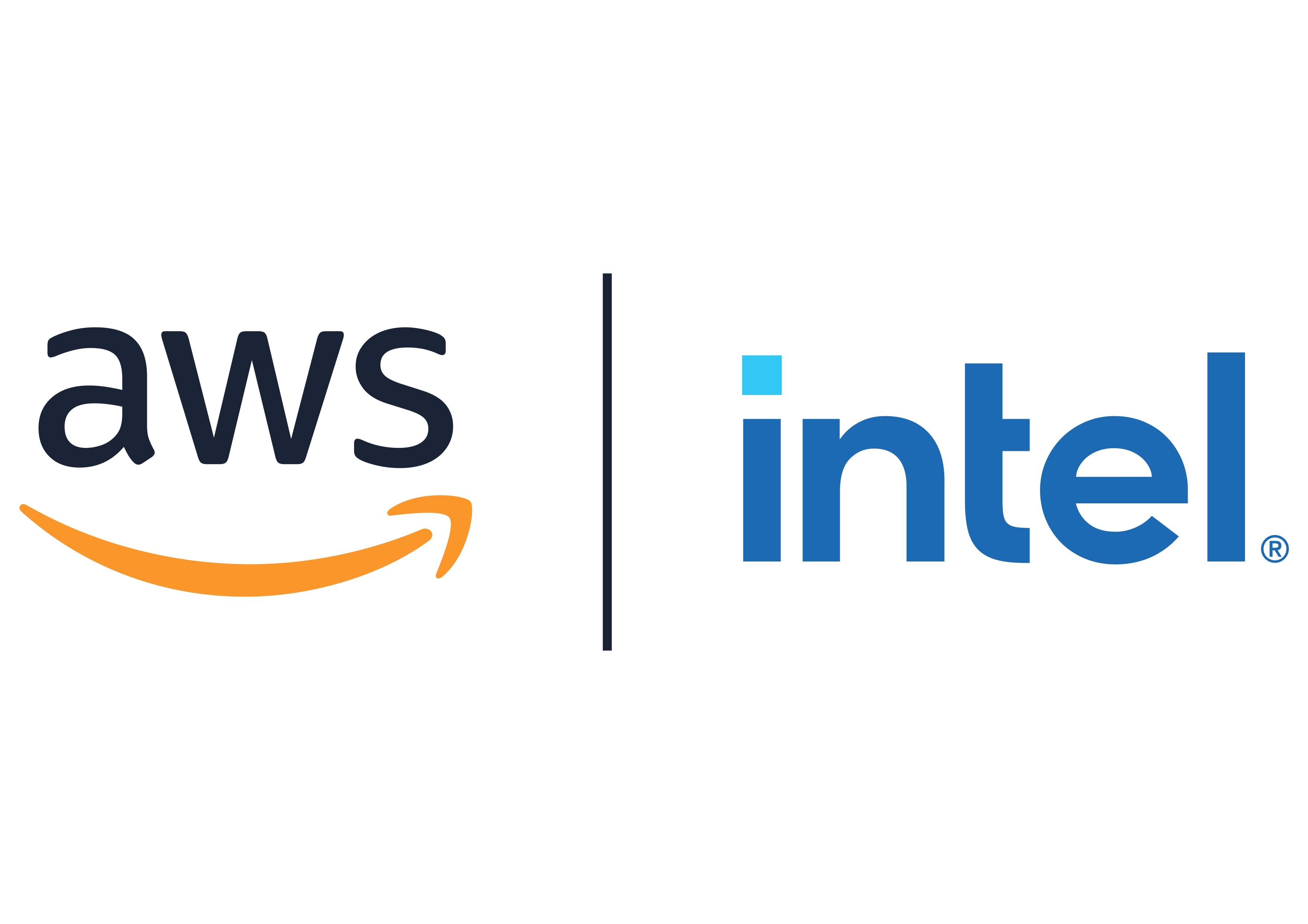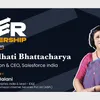
AWS | Intel
View Brand PublisherA people’s leader, Sangita Agarwal of Accenture on her personal journey, success, and learnings
Decoding her two-decade long professional career, Sangita Agarwal, Managing Director, Accenture talks about finding the right mentors, importance of investing in people and culture, formative years as a curious kid, and more.
“Your choices are your own and have implications. It defines what happens to you” was an important lesson that Sangita Agarwal, Managing Director, Accenture learned very early in life. In a career spanning over two decades, Sangita has been living by this mantra and has realised the importance of investing in people and culture, and adapting an empathetic leadership style.
“The biggest glue [to retain talent] is the ability to invest in people,” says Sangita while speaking to Chandra Prakash Balani, Head Global Enterprise India & Lead - ID&E initiatives, India, AISPL, at YourStory’s ‘HER Leadership’ interview series. Powered by AWS, the series captures the success stories of India’s top enterprise business leaders to inspire others with their achievements and learnings.
In her episode, Sangita delves deep into her professional achievements, her journey at Accenture, her evolving leadership style, and learnings along the way. Her light-hearted nature makes the conversation even more worthwhile, as she adds a punch of humour to several challenges that have come her way.
From a ‘lazy student’ to a dynamic programmer
As a ‘rebellious’ kid, Sangita realised the importance of owning up to her choices early on. During her ninth grade examination, she refused to write anything in her mathematics paper. Although she wasn’t academically strong, her teachers knew of her as a curious child
“They called my parents and advised me to refrain from making such silly mistakes again, and were gracious enough to offer me a promotion to the next class. My parents, however, refused to humour this and told me it was a choice I made so I should be ready to face the consequences. Though I ended up repeating a year, I realised the accountability and implications your choices can have on your life,” shares Sangita.
Another crucial choice that changed the course of her life came during the time she was studying to be an accountant. She was introduced to computers to play games through a friend’s father.
“That was the biggest change in my career trajectory [from being a chartered accountant]; I fell in love with programming. My father was kind enough to get me a second-hand computer, and since it was an old one, I knew I had to make enough money to change the parts,” she says, adding that she soon understood that technology has the ability to cut across class and provide a level-playing field.
Of people, culture, and leadership
For Sangita, the biggest enabler in her journey has been finding the right mentors and coaches, who have helped her identify the right career path and navigate obstacles.
Over the last 17 years at Accenture, if there’s one challenge she has been dealing with constantly, it is the war for talent.
“When you're talking to a person who you want to hire or if you want to retain someone, you have to constantly sell them both your personal brand and the value you will create for whoever is your customer. Whenever you lose the connection, that's when you start seeing low engagement. In a nutshell, the biggest glue [to retain talent] is your ability to invest into people's careers and build a personal relationship with them,” she adds, highlighting how the evolution of technology has been one of the biggest catalysts in reinforcing a culture of innovation.
“With the cloud becoming more mature and serverless, and an increase in open APIs, there's a lot more trust and transparency, and that's making a big difference in reducing the barrier to innovation,” she says, pointing out the evolution of tech from being an enabler to a prime transmission driver, since it has the power to disrupt business models.
Recounting the first time that they wrote serverless, Sangita recalls that while that was a major milestone, they did not account for the cost of engineering, and that’s when the realisation of embedding this aspect into development practices was adopted by Accenture. Although it took a while to explain this to the team, Sangita is proud of all the projects where they have tested out new technologies that have resulted in changing behaviours of teams and operating models.
Much like her views on tech and innovation, her leadership style has also evolved over the years. Sangita talks about borrowing different aspects from different people, and of course her mentors. A key learning from one of her mentors that stayed with her is that in tough situations, leaders tend to drop the ball on people.
“What people will remember about you is who you have been as a leader, and the motion of going from a tough project to a successful project. I think it took me a while to internalise that. I've worked with a lot of leaders who have been very authentic about being human first, and I don't think I have come to such a place, but I am working towards that,” she concludes, saying being a learner for life is one of her innate strengths, one that has been helping her every single day in her quest for building a culture of innovation and investing in people.








